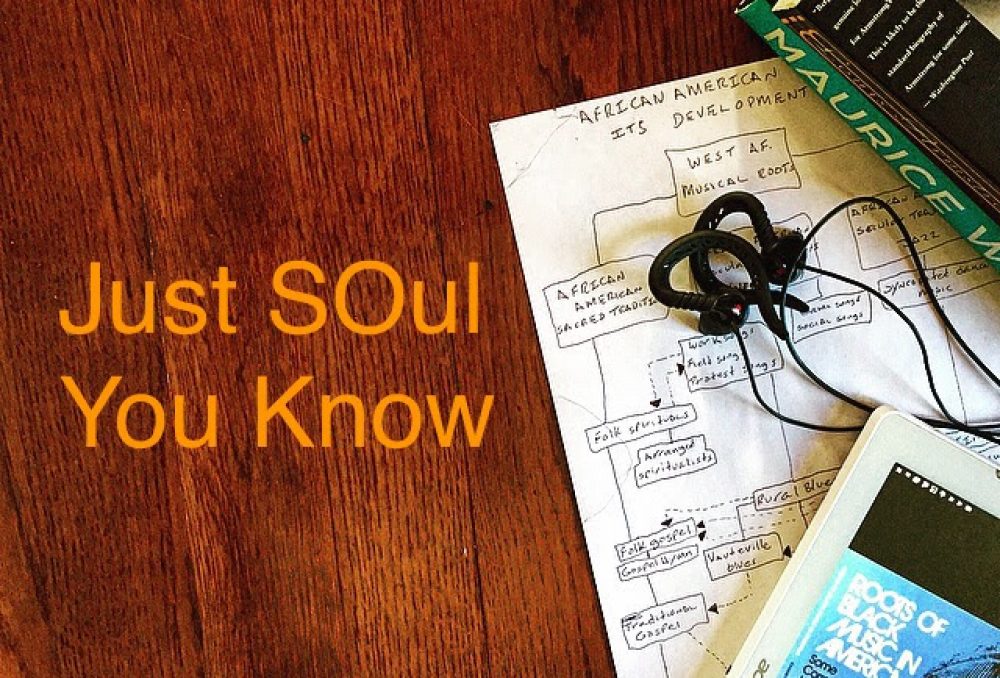
Without reservation, the film Malcolm & Marie starring Zendaya and John David Washington was no doubt visually stunning. The movie, which chronicles the couple’s highs and lows of a brutal all-night argument about . . . damn, I don’t know, was shot on black and white film rather than in a digital format. It was artful. It was special. It was instantly classic in its aesthetic. Moreover, it was abundantly clear that the movie Malcolm & Marie intended the soundtrack to be something special as well.
From the opening scene where Malcolm jubilantly prances around their rented home then cues up James Brown’s “Down and Out in New York City,” a tune intimately tied to the film Black Caesar (1973), an astute audience was privy to the fact the music, diegetically (both the character and the audience can hear it), will narrate the nonverbal sentiments of the characters. The music was brilliantly cast and was more than ample to sonically narrate a scene. Admittedly, writer, director, Sam Levinson, and film editor Julio Perez, IV were deliberate in their attempt to support dialogue and set the mood of a scene with music. Malcolm’s choice of Brown’s funk jam first fills the scene with sound then enlightens the audience of the bold overcoming power of a Black man, which is gan yẹ* to the character’s attitude at the moment. Likewise, only moments later Marie’s unspoken tensions are revealed through Little Simz’s song “Selfish” featuring the amazing vocals of Cleo Sol. Marie sentiments as heard through “Selfish’s” chorus, “I don’t want to fight” set the scene and reveal her desire to be left alone to brood for the remainder of the evening . . . or not.
As the film progresses, the music continues to be a sonic masterpiece as it enters and exits the various scenes. Saxophonist Zoot Sims’ Betaminus syncopated beat and flighty saxophone runs clearly disrupts the couple and escalates their tensions in a scene where Marie makes Mac and Cheese for Malcolm. Fatback Band’s jam “Yum Yum” speaks loud and clear for Marie as she states her discontent about the evening. Stax singer, songwriter William Bell’s “I Forgot to Be Your Lover,” which is awesomely orchestrated, by the way, drops in at the perfect time to allow an all too brief respite for the sparing couple, a mood of forgiveness for not making love a priority.
The film moves through its paces with a myriad of songs and rounds out with the ever lovely “In a Sentimental Mood” by Duke Ellington. This song is undefeated in ushering in feelings of intimacy and sex appeal. With the light key touches by Ellington on the piano and the seemingly far and away melody of John Coltrane on saxophone “In a Sentimental Mood” does it again. In the end, literally in the last scene, Outkast’s song “Liberation” enters the expansive and resolute morning, to sum up the events of the previous evening. The chorus belted out by CeeLo Green, and Erykah Badu states, “And there’s a fine line between love and hate you see, Can’t wait too late but baby I’m on it.” As the couple Malcolm and Marie stand in the sunrise it reinforces the couple’s love-hate relationship in the most melodic of ways.
Music in film is meant to aid in storytelling by driving and supporting scenes. It is also used to set the mood and emotion of the characters. In Malcolm & Marie, music is used to narrate the unspoken words of an emotionally caustic couple. The music effectively created a subtext for the audience to follow. We should all be so lucky to have a soundtrack like this to help back our most difficult moments in an argument.
(*means very appropriate in the Yoruba language)








